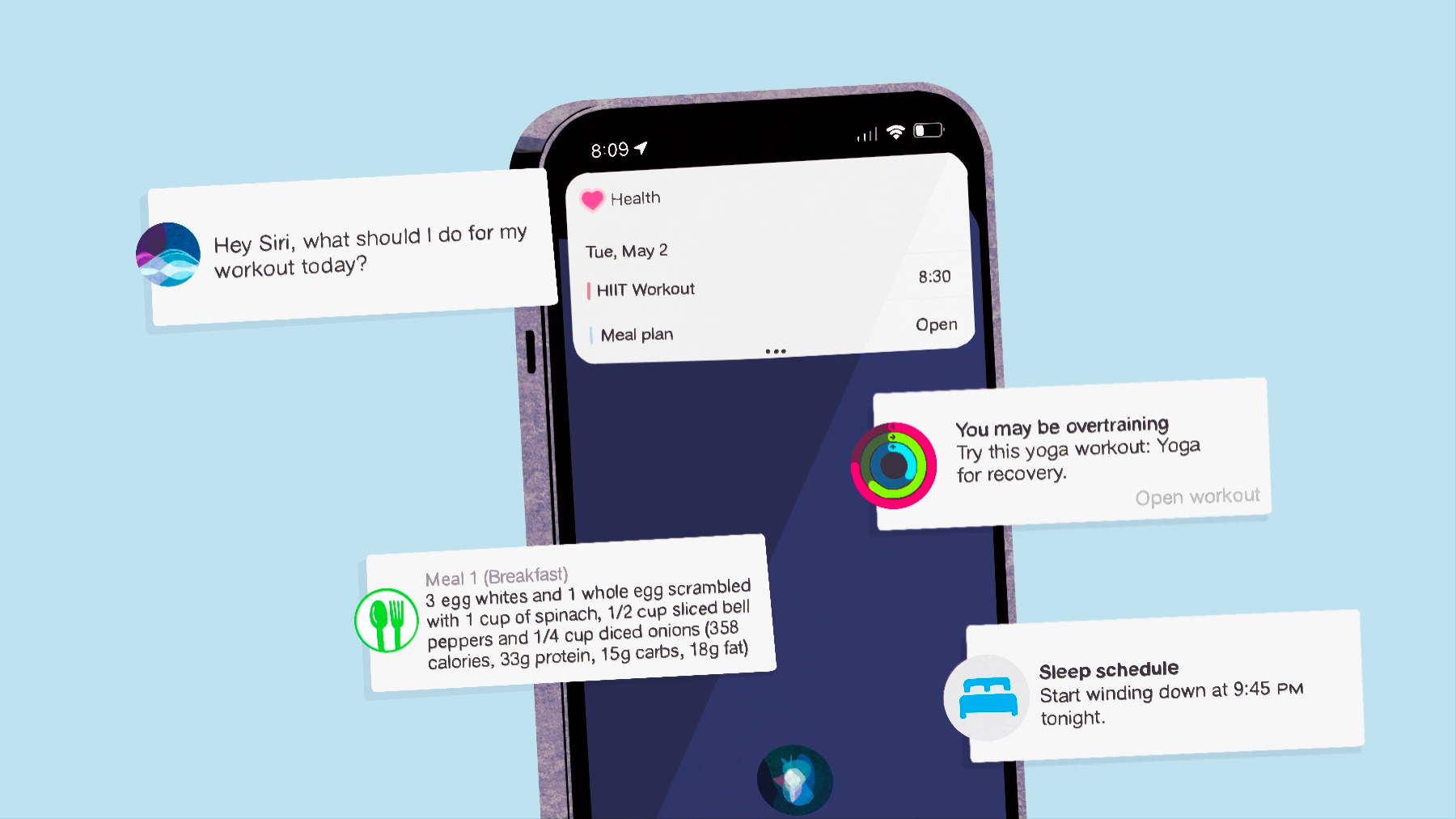- Noah Cracknell
- Posts
- Guaranteed Income for Life
Guaranteed Income for Life
It's not what you think
Hello friends, and welcome to The Daily Preneur! If you want to join 229 other readers learning about economics, entrepreneurship, and life, subscribe below:
Today’s newsletter is brought to you by Fitt Insider!
Ready to get the inside scoop on the latest trends in health and fitness?
Look no further than Fitt Insider, co-founded by the Vennare brothers, Anthony and Joe.
I've personally worked with Joe and can vouch for his expertise in all things fitness and wellness. Fitt Insider delivers the goods with top-notch analysis and insights on the latest trends and tech in health and wellness.
Their weekly newsletter (sent on Taco Tuesday’s) is filled with industry news, company breakdowns, and podcast highlights. Check them out below!
Now to today’s piece 🫱🏻🫲🏼

DALL-E
Have you ever wondered what would happen if you lived for 150 years?
While the average American life expectancy has declined recently, advancements in technology and medicine are increasing the odds of living longer.
Gene editing technology like CRISPR alters the human genome – literally changing DNA to eliminate harmful diseases from the body. And the team at Neuralink is working on a brain-computer interface chip that would allow the blind to see, the deaf to hear, and the immobile to become mobile. Crazy stuff.
Medicine is improving faster than ever, and people are living longer than ever. In the event you do live 100+ years, you should be prepared.
In Economics, we call the risk that you live longer than your expected age your longevity risk. You may be more familiar with longevity risk's counterpart, mortality risk.
Mortality risk is the likelihood of death occurring before your expected life expectancy. Both fluctuate based on your external environment, health, genes, and daily lifestyle.
The typical hedge against mortality is to be healthy and buy health insurance. It's well understood that adopting habits like getting enough exercise, eating nutritious foods, and sleeping 7+ hours per night significantly decreases your mortality risk.
We also know health insurance is beneficial – especially with the cost of healthcare today. Health insurance exists to cover emergencies and make health treatments more affordable.
What we forget, though, is mortality risk and longevity risk are intimately related. If you decrease mortality risk, you are increasing longevity risk. The more you do to hedge against mortality, the more you are putting yourself at risk to live longer.
I bring this up to introduce annuities.
For the same reason we buy health insurance, it might be wise to purchase an annuity. Annuities are like life insurance, but instead of paying the insurance company, they pay you.
To purchase an annuity, you need a significant lump sum of cash. Instead of paying the insurance company every month, you pay them a hefty upfront cost, and they pay you for the rest of your life.
Let's say that I had $1M lying around. If I purchased a $1M annuity, I'd be buying a contract that says, "I, Noah Cracknell, will be paid $1,515 every month for the rest of my life." (This is a rough calculation, by the way)
"Wait a second… why would I do that?"
Remember, we are trying to hedge against longevity. If I live longer than my expected age (78 years old), I will collect more than $1M. In other words, I will have made back my $1M and some.
If I live to 90, I'll collect $218K more than I put down. If I live to 100, an extra $400K. And if I live to 150, I'll collect an extra $1.3M on top of recouping my initial $1M. That's $2.3M paid out to me over my life GUARANTEED (by the insurance company).
It almost sounds too good to be true. Well, that's because it is. The likelihood of any insurance company selling me a $1M annuity is not high. After all, my longevity risk is higher than someone 80 years old. Plus, I don't have $1M lying around. Yet 😉
For those aged 40+ with extra cash, shopping around for an annuity might not be a bad idea. Especially if the money is just going to sit in an account and rot anyway. A better use of that money would be spending it on a trip to Hawaii or Portugal. You know, real experiences that you'll have till your grave.
An annuity can act as a spending allowance, ensuring you spend a certain amount each month on experiences that elevate how and why you live.
"Buying an experience doesn't just buy you the experience itself — it also buys you the sum of all the dividends that experience will bring for the rest of your life."
But since most of my readers are not 40+, what should we "young folk" do?
Make memories. Have a beer with a stranger. Play chess with a local. Take salsa classes. Learn jiu-jitsu. Write a book. Stay up all night in Barcelona. Run NYC's marathon. Fly to Thailand. Build a company. Idk? Do life with some intent. Get rowdy. Who cares?
There's nothing more valuable than a portfolio of memory dividends at the end of life.
Keep crushing.
Cheers,
Noah Cracknell
P.S. If people start figuring out how to lengthen human life, annuity businesses may close. They do make money when you die early…



Reply